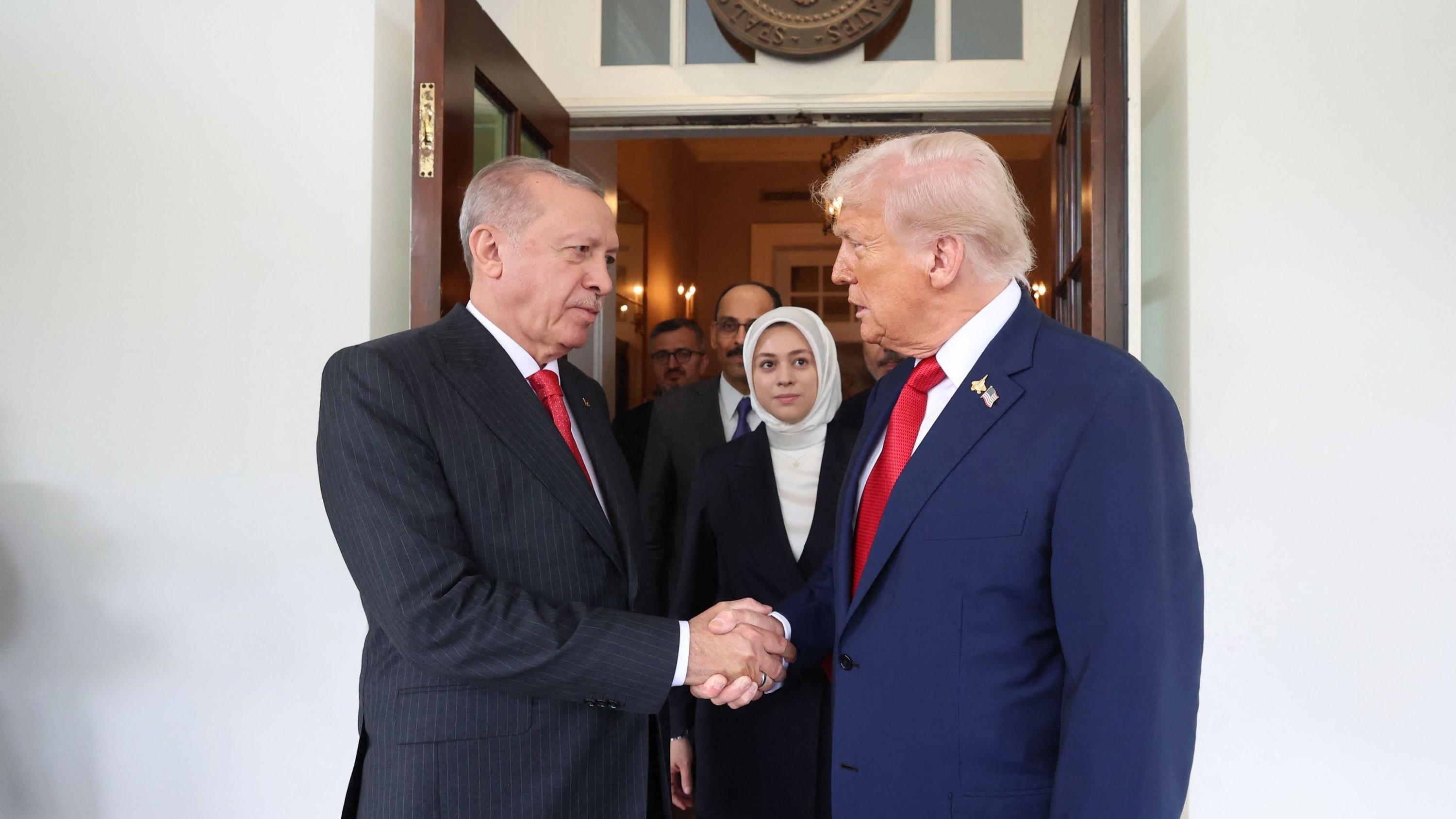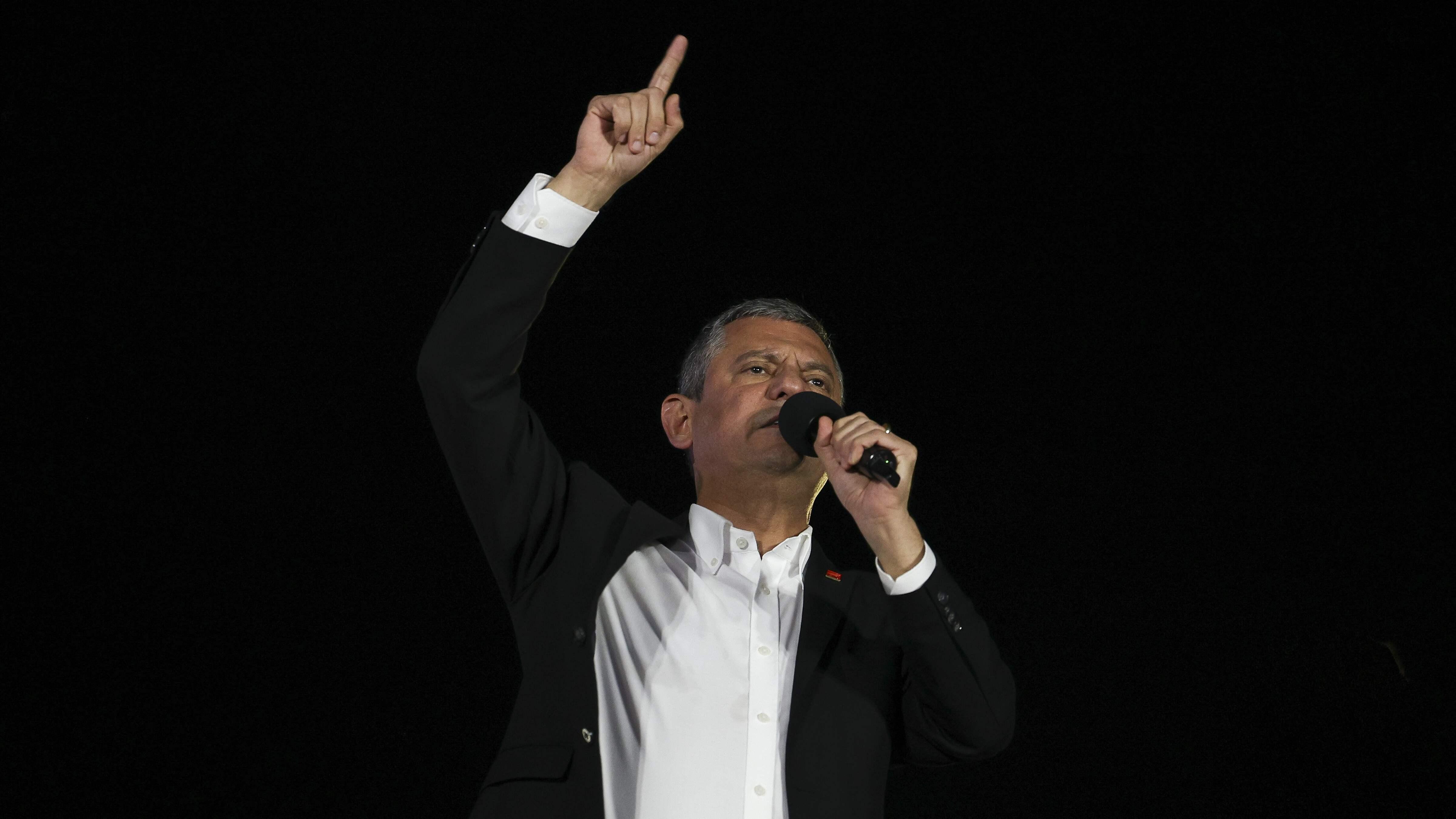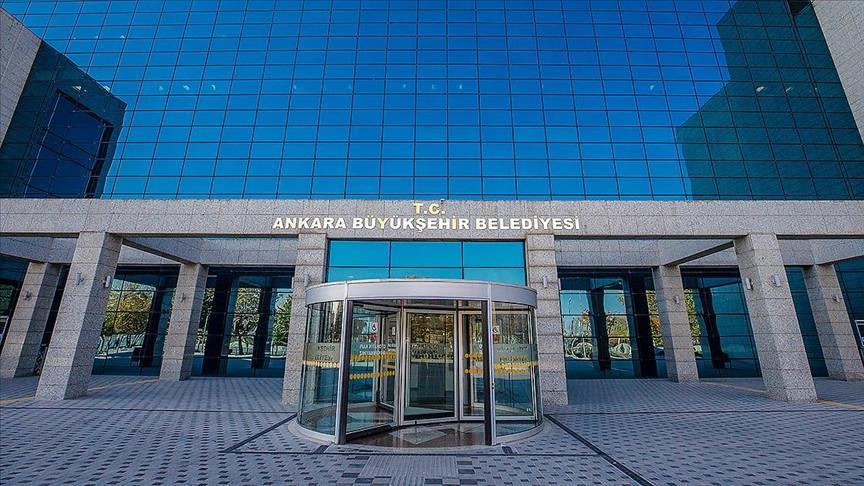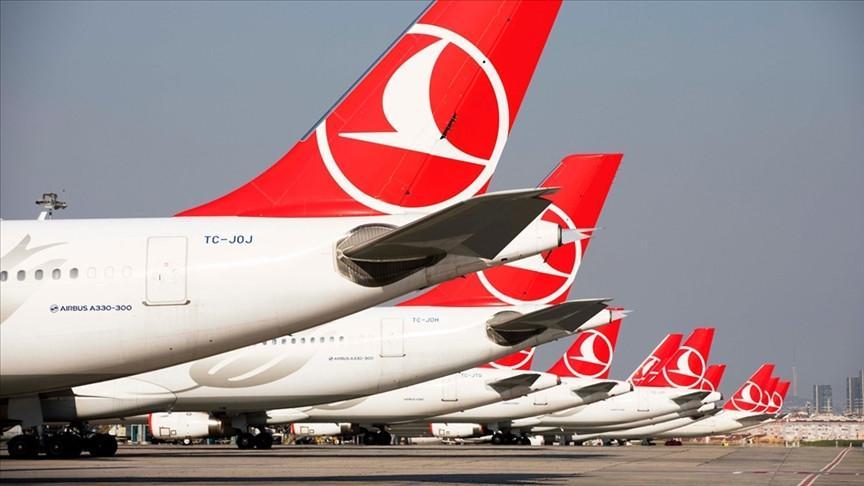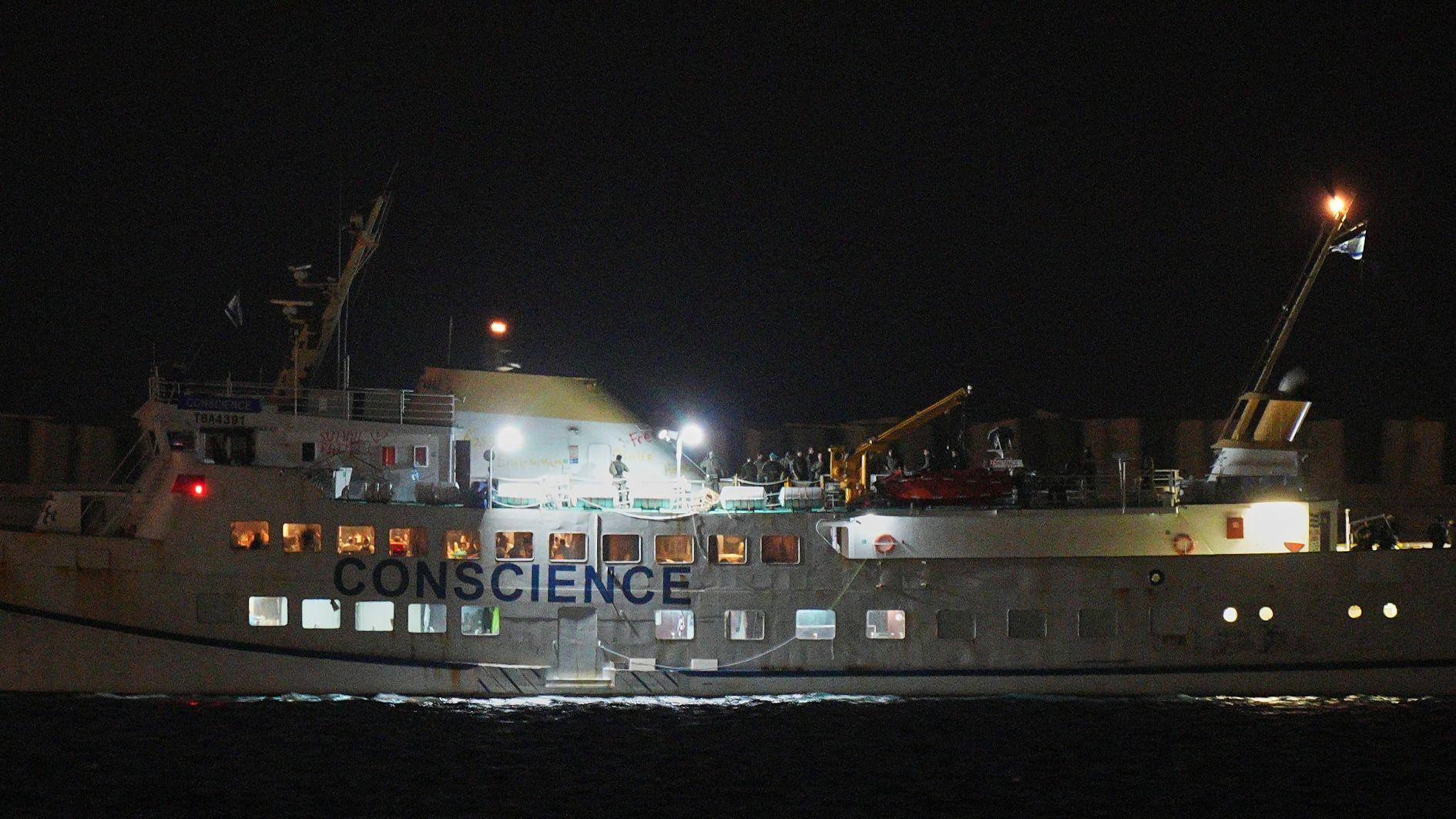Israel, Hamas agree to hostage release, ceasefire deal
GAZA CITY

Israel and Hamas on Oct. 9 agreed Gaza ceasefire deal to free the remaining living hostages, in a major step towards ending a war that has killed tens of thousands of people and unleashed a humanitarian catastrophe.
Israel's cabinet is set to meet to discuss a plan for the release of all hostages.
The agreement follows a 20-point peace plan for Gaza announced last month by U.S. President Donald Trump, under which Israel should withdraw from Gaza and release hundreds of Palestinian prisoners in exchange for the hostages.
After more than two years of war sparked by Hamas' October 2023 attack on Israel, the deal also envisions a surge of aid into Gaza.
The Israeli army said it was preparing to pull back troops in Gaza, in line with the agreement, while the office of Prime Minister Benjamin Netanyahu said the agreement would only take effect with cabinet approval.
Trump's plan also calls for the disarmament of Hamas and for Gaza to be ruled by a transitional authority headed by the U.S. president himself, though these points have yet to be addressed in any discussions.
A source within Hamas told AFP the group will exchange 20 living hostages all at the same time for nearly 2,000 Palestinian prisoners as part of the deal's first phase, with the swap to happen within 72 hours of its implementation.
"The 72-hour countdown will begin only after the agreement is approved in the cabinet meeting, which is expected in the evening hours," Netanyahu's office said.
The release of all hostages held by Hamas, as stipulated under a newly signed first phase of a Gaza ceasefire deal, should bring about an end to the two-year war, Israel's foreign minister said in an interview Thursday.
"There will be a ceasefire and then the commitment within 72 hours of Hamas to release all the hostages. I believe that can — that should bring the end to this war," Gideon Saar told Fox News Channel's Jennifer Griffin.
The announcement sparked waves of joy in Gaza, much of which has been flattened by bombardment and most of whose residents have been displaced at least once over the past two years.
"Honestly, when I heard the news, I couldn't hold back. Tears of joy flowed. Two years of bombing, terror, destruction, loss, humiliation, and the constant feeling that we could die at any moment," displaced Palestinian Samer Joudeh told AFP.
In Israel, thousands of people gathered in a Tel Aviv square, many wearing stickers reading: "They're coming back." Others held photos of hostages still in Gaza and waved Israeli and US flags.
"We have been waiting for this day for 734 days. We cannot imagine being anywhere else this morning," said Laurence Ytzhak, 54, a Tel Aviv resident.
The deal is being thrashed out in indirect negotiations behind closed doors in a conference center in Sharm El-Sheikh, an Egyptian resort town on the Red Sea.
While Arab leaders including Palestinian president Mahmud Abbas said they hoped the ceasefire would lead to a permanent solution to the Israel-Palestinian conflict, there was no indication the talks were addressing any of the deeper issues at stake.
Still, it was feted by governments around the world, with mediator Qatar saying the deal was the "first phase of the Gaza ceasefire agreement, which will lead to ending the war, the release of Israeli hostages and Palestinian prisoners and the entry of aid.
Netanyahu said he would bring the hostages home "with God's help", while Trump said earlier he may travel to the Middle East this week.
The fast-paced developments came after US Secretary of State Marco Rubio interrupted a White House event and hand Trump a note about the progress of negotiations in Egypt.
Trump is expected in Jerusalem on Sunday, the office of Israel's president said.
An event scheduled for Sunday at the Israeli president's residence in Jerusalem was cancelled "in light of the expected release of the hostages, and... the upcoming visit of President of the United States Donald J. Trump to Israel," the office of Israeli President Isaac Herzog said in a statement on Thursday.
"The decision was made due to anticipated security closures in Jerusalem surrounding the visit and the historic developments unfolding in the coming days."


